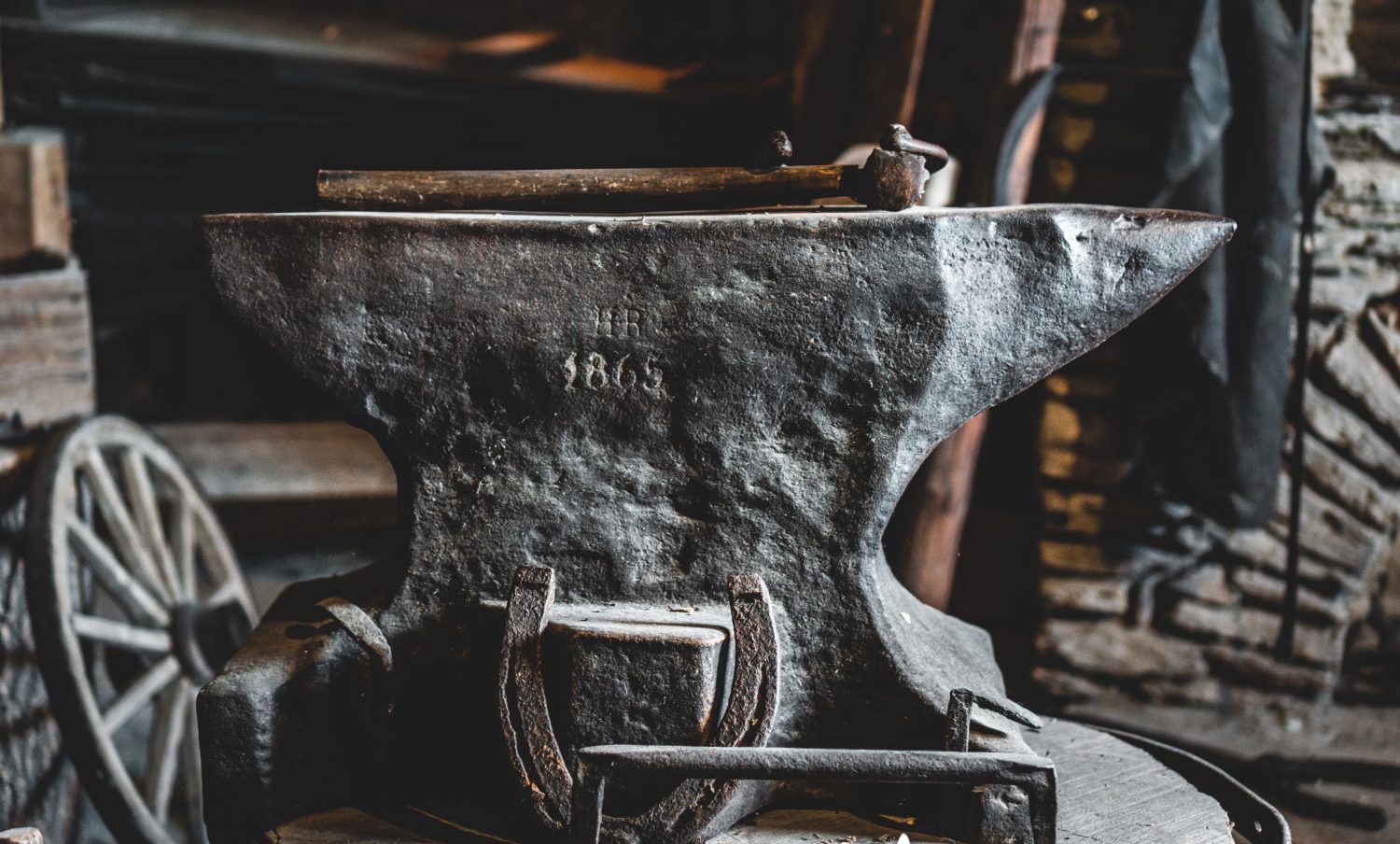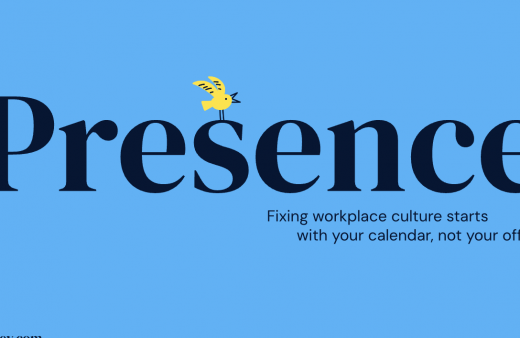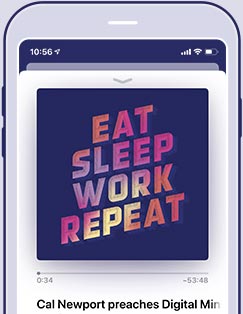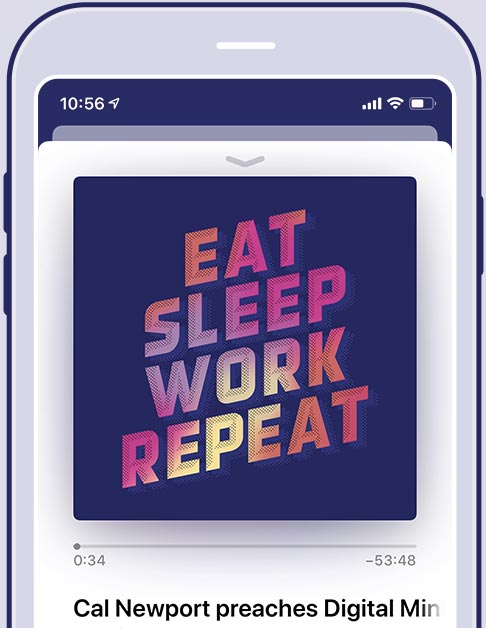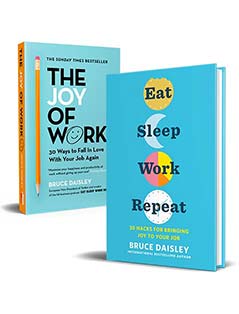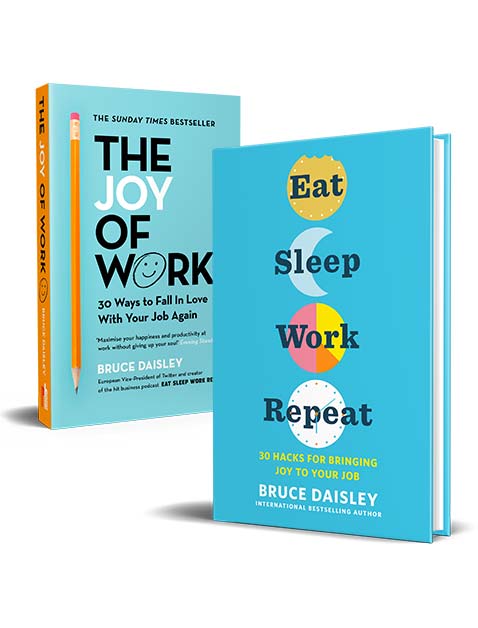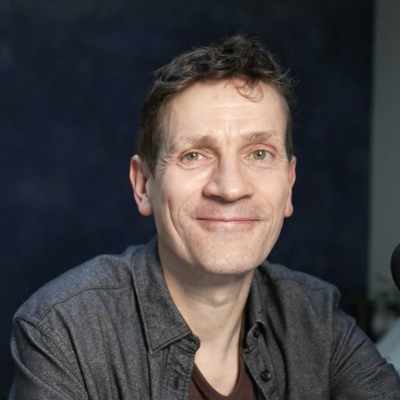Resilience: The elusive origin of strength in a crisis
During the summer of 2020, I found myself in Lebanon. My partner is from Beirut so we were delighted to escape from the COVID-stricken shores of Britain to make a trip back to the city for a week’s holiday. Little did I know, we’d be leaping out of the frying pan and into the fire. When I say fire, I mean it. It might have escaped your memory, but on 4th August 2020, Beirut played host to the biggest ever peacetime explosion in a city.
We resided just three miles away as a series of explosions at the capital’s port shook Beirut and its surrounding districts. Technically speaking, this was a 6.0 earthquake, and the building we were in shook for a full minute. Thirty seconds in, our windows blew in and the screeching inhalation of the explosion sucked all of the air from the apartment. It was like nothing I’d ever heard before
The next day, news reports from around the world broadcast live from the rubble of Beirut’s port. The BBC in particular struck a pretty characteristic tone. They reminded viewers that “the Lebanese are famed for their resilience”. One correspondent for The New York Times filled in the gaps in the same way: “Anyone who knows Lebanon has heard this: The Lebanese are resilient.”
But the people around me didn’t feel like that. People were broken, upset, distraught. Aside from COVID, the Lebanese had just battled through 12 months that saw their banks collapse and their life’s savings vaporize. And now this. Half of the city’s windows seemed to have been shattered. While the wind had a chemical bite to it the sound of daytime was the scratchy tinkle of glass being swept from the streets.
Demanding resilience
Resilience was the most desired character trait of 2020. We were all expected to show it. But like a misplaced bank card, if we didn’t have it to hand, it wasn’t immediately obvious where we’d find it. I was intrigued to see how the Lebanese people had been famed for having supplies of it in droves. But to my own eye they didn’t seem so much resilient as broken, and weary in their defeat.
Twenty four hours after the blast, it was another news outlet that captured a local person expressing closer to what I had seen first hand. “I really thought I’d seen everything in this godforsaken country. How much more are we supposed to take?” they said.
“If I hear one more person referring to us as ‘resilient’, I will lose it. F*** resilience. We don’t want to be resilient. We just want to live!”
I reflected on when I had heard use of the word ‘resilience’. One of the times was on a radio discussion I had with British broadcaster, Robert Peston that year. Peston was talking in the midst of an exams grades fiasco that had occurred in the aftermath of COVID when poorer kids had seen their exam results being knocked like skittles versus their teachers’ projections. Our screens had been filled with despondent, panicked youths. Peston had adopted a sympathetic tone but had added ‘the truth is that young people need to be more resilient’.
What do these two things have in common?
Well, it seems we tend to use the word resilience to describe what we expect from the victims of a system; when we want them to dust themselves down and get on with things. I remember being given a book in my first job. It was a bestseller by Ken Blanchard called The One Minute Manager. To brutally abbreviate what was already a pretty brief text, the One Minute Manager uses effective delegation to get a job off a leader’s to-do list and to empower someone else to do it. A good manager should offload the distraction of unexpected events by ensuring someone else deals with them.
‘Be more resilient’
Based on what we know about ‘The One Minute Manager’ resilience seems to be advice from ‘The One Minute Counselor’. Your exam results are disastrous? Okay, you have my sympathy but you need to be resilient. Your city has blown up at a time when you have no money to rebuild? Okay, but let’s see some of that resilience you’re so famous for because we’ve got plenty of people that need help and support.
I’ve spoken to people who have had resilience training, who have been on resilience courses, who have read books on it. Time and time again, after this support, they are left wondering if their feeling of defeat is simply their own fault.
Resilience can be a simple word that we use because it’s easier for us to expect a response from the victim of misfortune than for the system to question how we got here. Whether you’re Robert Peston or the New York Times, demanding resilience allows for the attention to move on, and the responsibility is transferred to the victim to sort themselves out. In other words, The One Minute Counselor gave you your moment, but now we’ve got to move on: remember to be more resilient and I’m sure things will be fine.
Of course, the flaw in this is when we look at the incidence of misfortune. It tends not to be successful people who are at the receiving end of the injustices of life. Rather, our economic and social systems tend to impact the lives of the ‘have nots’ rather more than the ‘haves’. We’ve got into the habit of thinking that it’s fine to have the ‘have nots’ to learn to cope.
The Myth of Resilience
When I returned from Beirut, I spent much of my time trying to get to the bottom of where we can find this inner strength, where our own fortitude lies. The myth of resilience is that it’s a trait that individuals can exhibit on demand; that any one individual has a magical superpower that allows them to survive adversity. And the myth is that if you don’t show it, it’s because you didn’t want it enough. A victim ends up feeling like they are to blame for their own misfortune.
So, I wanted to look into how we can actually be stronger. I’m going to avoid using the word resilience because of its overuse, so let’s call it fortitude. And here’s what I discovered.
The truth is that fortitude is most commonly a collective response that we exhibit when we feel supported by others around us. This is really relevant for everyone reading this because it will inform how your team, your organization, and even your company can respond to challenges.
There are three critical components of fortitude: control, identity, and community.
Control
So why is control important for fortitude? Well, there’s pretty good evidence that when we have control over our circumstances, we feel more able to soldier on. Researchers have shown that nurses who work long shifts feel less burned out when they choose to work longer. It’s almost like the act of choosing to go on gives us more strength to do so.
Even an illusion of control can help. For instance, social scientists have done a series of grim experiments on animals. One especially bad one saw rats immobilized using Botox and placed in a tank of water. The rats who were given a piece of wood to chew on, giving themselves some way to mitigate the way they were feeling, were less stressed [1]. Even when drowning, rats feel more able to carry on when they have some sense of control.
You might recognize this. Whether it’s rats or nurses, when we feel like we’re in charge, it changes our perspective on how to persist.
Identity
Back in the ancient realms of social science, there was a very famous experiment that was known as the Stanford prison experiment. You’ll have heard of this. It found that a group of students when given roles of guards or prisoners very quickly became assimilated into those roles and behaved in shocking ways.
Sadly there’s plenty of reason to believe that the researchers involved deliberately subverted the results, so 15 years ago the BBC asked two social scientists to attempt at replicating it.
The results were in fact very different. They found that some things were true. The roles for the participants were chosen at random. The guards who knew that the experiment was being shown on the BBC became very conscious of their role and were a little ashamed of the fact they were giving orders on-screen. The prisoners felt a glorious sense of connection with each other – initially they were delighted to be on a pretend ‘naughty step’ and then in the face of the guards’ embarrassed disassociation with each other the prisoners own self-esteem grew to fill the void. Their pride in their free-spirited identity expanded, and their chests puffed to delight in the mischief they set about creating.
As the experiment went on, the researchers found that a lot of what was happening was measurable in the stress levels and happiness of the participants. To make matters worse, not all of the guards felt the same level of self-consciousness, so those who dwelled in an embarrassed awkwardness were in a daily conflict with those who wanted to be more strict with the convicts. On average during the course of the experiment, the stress levels of the guards went up as their lack of faith in their own identity and any shared values with their fellow guards went down.
On the other hand, the identity of the prisoners showed a real improvement. They formed something of a Prisoners’ Union, instituting a strike for better privileges and developing a strong bond with each other. As time went on, their anxiety levels dropped even further, and they reported feeling genuinely happy despite their restricted liberty. By every possible metric, the prisoners were happier than the guards.
All in all, this is not how the experiment was meant to work. But we see repeatedly when we feel connected and proud of our identity it makes us feel stronger. By the end of the experiment, the prisoners reported feeling more able to cope than the guards. Effectively, the prisoners had shown more fortitude and more resilience in a stressful situation.
The important thing about identity is that we often look around and ask questions about ourselves in the reflections of the people we see. As some of the leading researchers in this field have asserted – not least Alex Haslam and Stephen Reicher who ran the BBC Prison experiment – a substantial part of our sense of self and who we think we are derives from our group memberships and our sense of social identity.
Community
Thanks to the pandemic, many of us haven’t been in the presence of our colleagues for months. As a result, some of the cues of human connection have gone missing from our day to day life.
There’s very good evidence that the more we feel part of something bigger than ourselves, the more it impacts our mental and physical health. In other words, being connected makes us stronger. One leading expert in the field offered some commentary on this, saying that health professionals have spent a lot of time categorizing the taxonomy of different mental health disorders. But it seems like the lack of social connection is the common denominator that underpins all of these areas.
So perhaps in many cases, the question should be ‘are you disconnected from a sense of community?’ rather than ‘do you have a disorder?’.
One British longitudinal study vividly showed this. They tried to predict the likelihood of patients who developed depression and to measure their likelihood of relapsing. They found that if you didn’t previously belong to any social group, your risk of relapse was really high (41%). But the more social groups you reported being part of, the lower your risk of relapse. And it’s not just depression. Researchers have found that this same strength is exhibited by patients who are recovering from heart attacks and strokes. Strangely then, the best way we can get people to recover from major illness is to give them a better social connection with friends [2]. When we’re looking for the keys to fortitude, being connected to others seems to be a pretty formidable one.
The winning formula
So, control, identity, and community. A formula for authentic resilience, and one founded in hard evidence. But when we hear people demand a resilient response we don’t hear discussion of these themes. When our bosses ask employees to be resilient, they perhaps need to be asking ‘how can we make our team members feel more able to make decisions, how can we make them feel more respected for their unique approach they bring to their work, how can make them feel more supported by colleagues?’.
Clearly, this matters a lot in the modern workplace. Throughout the pandemic, engagement levels among workers initially went up massively, as many people reported feeling motivated by being in crisis mode.
But as time went on, things slipped. We’ve found that if colleagues felt unable to control their calendars, they felt uneasy and anxious.
Identity has also been an important part of our lives, but one of the ways that we’ve developed this identity is by being around others, and the absence of that has been a significant issue. Screens don’t always help here. I worked at YouTube and Twitter for 12 years, and one of the things we learned was that when people feel a strong affinity with someone else, connecting through screens can bond them. But when we connect via a screen with people who don’t share our opinions, there can be conflict. Making sure that people feel their identity is respected and listened to is a really important action we all need to take right now.
Finally, community: when we feel connected to others it makes us stronger. We see this in the health evidence and in the response of those around us to the challenges we face. I found myself intrigued as to why some organizations were responding to the challenges of the COVID era by hiring Community Managers. When I went to speak to these people I was struck with their assessment of the task facing them. They told me that their job was to make their colleagues transcend their circumstances of home working, and make them feel connected to each other – to use elements of identity and community to ensure they didn’t feel emotionally isolated.
It makes an intriguing contrast with what have been told. When we’ve heard talk about resilience before it had often been was a personal expectation. Like the people of Lebanon or the wronged A-Level students, resilience was something we looked to others to show. In fact the lesson for all of us is that fortitude is something we need to collectively create the conditions for.
We don’t just simply exhibit strength of character – we are given the support that it. Maybe coronavirus gave us a timely opportunity to reconsider how we think about resilience.
-
Yumie Ono, H. C. Lin, K. Y. Tzen, H. H. Chen, P. F. Yang, W. S. Lai, J. H. Chen, M. Onozuka, and C. T. Yen, “Active Coping with Stress Suppresses Glucose Metabolism in the Rat Hypothalamus,” Stress 12, no. 2 (2012): 207–217.
-
Tegan Cruwys, Genevieve A Dingle, Catherine Haslam, S Alexander Haslam, Jolanda Jetten, Thomas A Morton, Social group memberships protect against future depression, alleviate depression symptoms and prevent depression relapse,Social Science & Medicine Volume 98, December 2013, Pages 179-186
Photo by Jonathan Kemper on Unsplash

